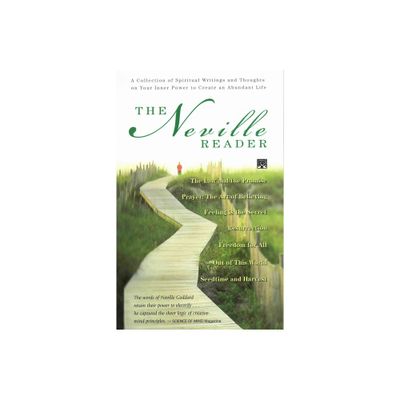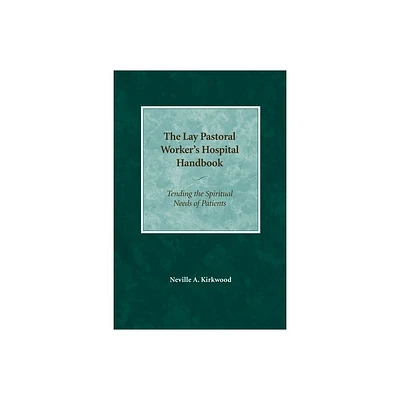Home
Concrete: Neville's insights and issues
Loading Inventory...
Barnes and Noble
Concrete: Neville's insights and issues
Current price: $122.50


Barnes and Noble
Concrete: Neville's insights and issues
Current price: $122.50
Loading Inventory...
Size: OS
*Product Information may vary - to confirm product availability, pricing, and additional information please contact Barnes and Noble
“My last word on concrete” - Adam Neville
Adam Neville’s reputation as a world leading expert on concrete technology is unquestioned. In this, his final book on concrete he demonstrates the radical thinking that sets him apart through incisive reflections and forecasts. Standard books on concrete often have an encyclopaedic approach and proceed from science to practice but this book is not standard. The author looks at a problem or an issue, and discusses the underlying scientific and technological aspects, including broader contextual topics. Adam Neville describes this as looking at concrete through the wrong end of the telescope, which contributes to a better understanding of concrete practice and to better concrete in practice.
In chapter 2 the author explains how closely we can determine the water - cement ratio of hardened concrete and chapter 4 considers whether we can verify the age of cracks by measuring carbonation. The author then discusses the confused world of sulfate attack on concrete and minimising alkali-silica reaction in concrete. In chapter 5 the book throws light on aspects of sustainability, which way cracks run and highlights the requirements for residential slabs on grade. Workmanship and design and the relevance of litigation to the structural engineer are addressed in Chapter 6 and the book concludes with future forecasts.
Adam Neville’s reputation as a world leading expert on concrete technology is unquestioned. In this, his final book on concrete he demonstrates the radical thinking that sets him apart through incisive reflections and forecasts. Standard books on concrete often have an encyclopaedic approach and proceed from science to practice but this book is not standard. The author looks at a problem or an issue, and discusses the underlying scientific and technological aspects, including broader contextual topics. Adam Neville describes this as looking at concrete through the wrong end of the telescope, which contributes to a better understanding of concrete practice and to better concrete in practice.
In chapter 2 the author explains how closely we can determine the water - cement ratio of hardened concrete and chapter 4 considers whether we can verify the age of cracks by measuring carbonation. The author then discusses the confused world of sulfate attack on concrete and minimising alkali-silica reaction in concrete. In chapter 5 the book throws light on aspects of sustainability, which way cracks run and highlights the requirements for residential slabs on grade. Workmanship and design and the relevance of litigation to the structural engineer are addressed in Chapter 6 and the book concludes with future forecasts.


















